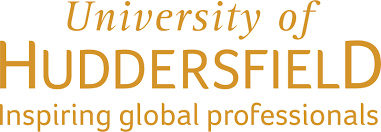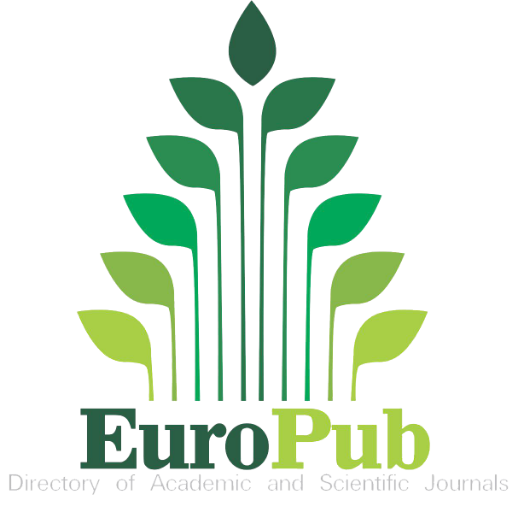Lick My Legacy: Are Women-Identified Spaces Still Needed to Nurture Women-Identified DJs?
DOI:
https://doi.org/10.12801/1947-5403.2017.09.01.04Keywords:
DJs, Gender, Nightclubs, Canada, LesbianAbstract
This article documents Lick Club; a Vancouver, BC lesbian bar that operated from 2003 until 2011, employing predominantly female (as well as trans and non-binary) DJs. Specifically, this study examines the effects of Lick’s physical space on the careers of those DJs in the region, focusing on the queer DJ network that evolved from the club. The author bases her findings on qualitative data generated from interviews with key players in Lick’s localized DJ network. The interviewees describe how their participation in Lick provided them with access to mentors, DJ equipment and performance opportunities that proved to be integral to their development as professional DJs. This research corroborates other studies of female DJs in the USA (Farrugia 2004, 2012) and Europe (Gavanas and Reitsamer 2013, 2016) that demonstrate how mentors are of acute importance in fostering the careers of female and non-binary DJs. This study concludes that, although female and non-binary DJs are becoming more common in Canadian nightclubs and festivals, networks such as the one fostered by Lick are still significant to the careers of DJs whose identities do not afford them access to the “boys’ club(s)”.
Downloads
Published
Issue
Section
License
Authors who publish with this journal agree to the following terms:- Authors retain copyright and grant the journal right of first publication with the work simultaneously licensed under a Creative Commons Attribution-Noncommercial-Share Alike License that allows others to share the work with an acknowledgement of the work's authorship and initial publication in this journal.
- Authors are able to enter into separate, additional contractual arrangements for the non-exclusive distribution of the journal's published version of the work (e.g. post it to an institutional repository or publish it in a book), with an acknowledgement of its initial publication in this journal. Such derivate works or subsequent publications must happen no less than one calendar year after the initial publication date in Dancecult.
- Authors are permitted and encouraged to post their work online (e.g. in institutional repositories or on their website) prior to and during the submission process, as it can lead to productive exchanges, as well as earlier and greater citation of published work (See The Effect of Open Access).






